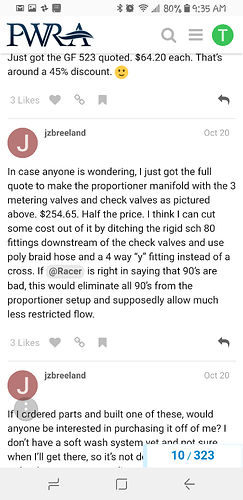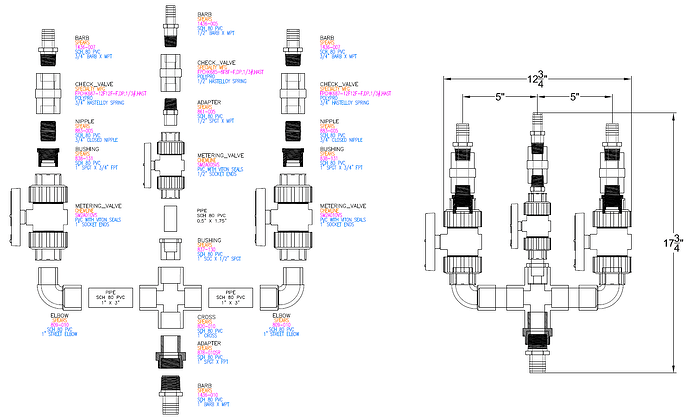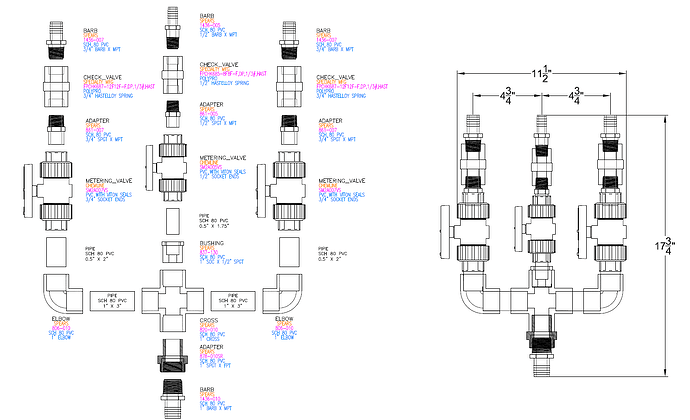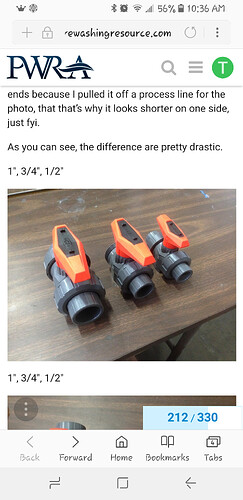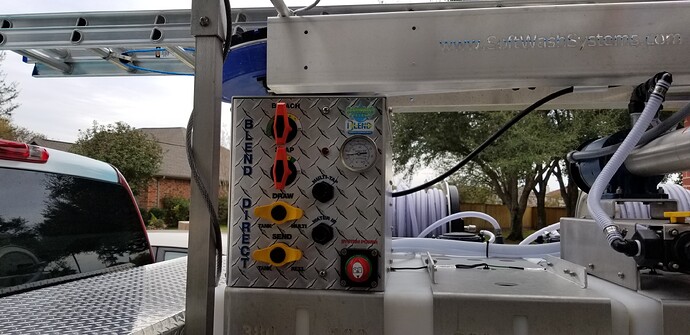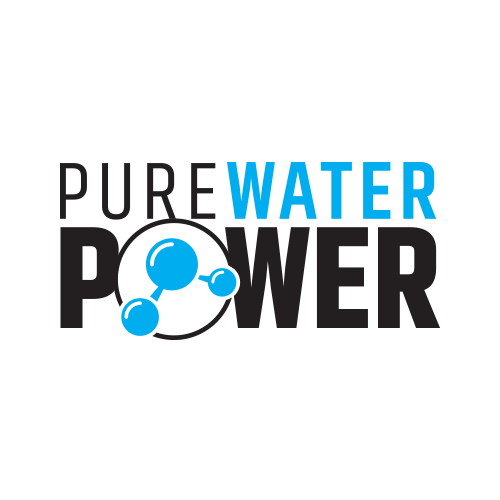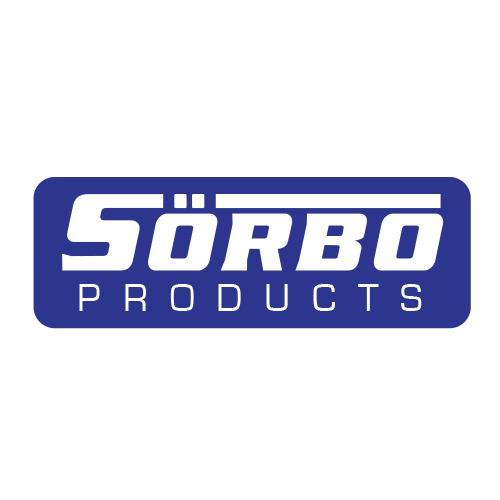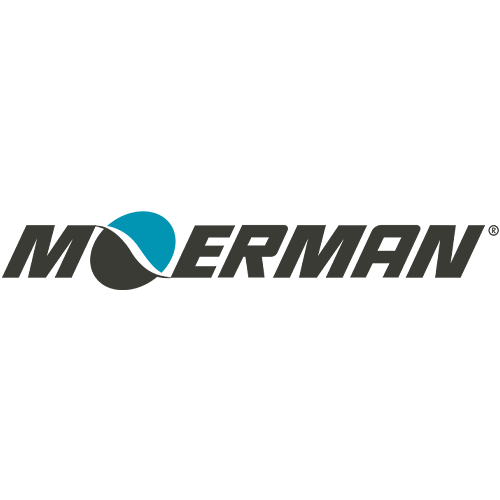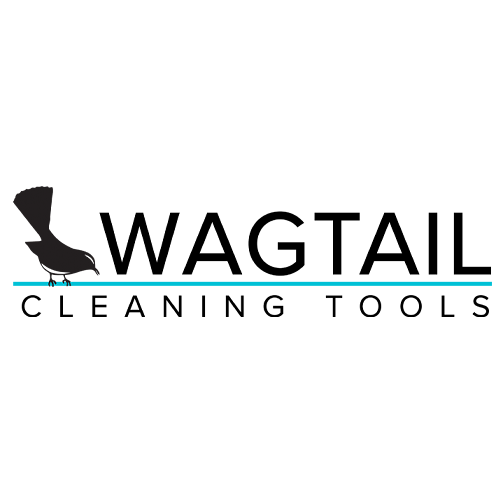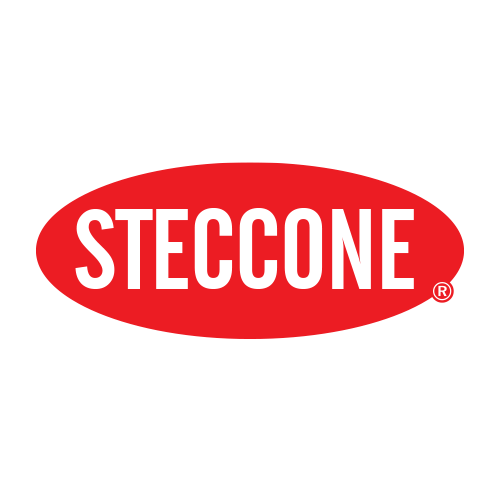Looks awesome! Alright then…bottom line me. How much are you asking for each One? 3/4" and 1"?? Obviously, the 1" system is going to have les flow restrictions, but please give me a quote on each system.
after looking at this i think i’m gonna stick with the 3/4" system. It might not make much sense to use the 1" valve if everything before it is 3/4" (check valve, adapter barb… etc). Or i’m an idiot. i dunno lol.
715$ for the 3/4’ with hastelloy check valves.
915$ for the 1" with hastelloy check valves.
thats not 100% exact but im within 95% of the price. just trying to help @jzbreeland not have to answer every question lol. he’s done enough lol
waut…what? $700, $900?? What happened to $230 something? Wasn’t that the point of this thread…to make a more affordable blending system. I’m confused.
sorry $254.30 - half the price?
I made a couple of mistakes on the previous dimensions. Here is a corrected version. Both the 3/4" and 1" systems come out to the same height, but the width is a little different. This is more accurate. Note that with the 3/4" system, I can’t use street elbows because it has to be reduced to 3/4".
1" System
3/4" System
@cleanunderpressure, you aren’t an idiot. But the hastelloy check valves only come in sizes up to 3/4". But having talked to @tireshark, we think a 1" inlet is too large anyway, so I’d have to reduce the line anyway to 3/4" for the barb. The most restriction comes from the metering valves, not the check valves. The 3/4" check valve should be less restrictive than the 1" metering valve, so I don’t believe it’s an issue. I do believe the 1" metering valve is the better option and I don’t think the 3/4" check valves will hinder flow at all.
@topwash, I’m not using the GF valves. If you read through everything, you’ll see where I posted all the components used in a system along with the MSRP for each part and total material cost for each system. The larger Chemline valves are really expensive. That’s where most of the cost is generated from. I could do the GF valves and build one all 1/2" (and I did build one, there are photos, and @tireshark currently has it for testing and comparing with the 1" system). But once I started researching and learning more about all this stuff, I realized that the 1/2" valves are too small and to build a proper system, larger valves needed to be introduced. And there isn’t a large market for larger metering valves. In fact, Chemline is the only company I’ve been able to identify that makes them. Plastomatic makes a different version, but they quoted me over $400 for a single 1" valve. So that’s not an option.
so your getting a higher flowing proportioner for 2/3 the price and your mad?
what about a system with 2 GF 3/4" valves for the water and bleach and a GF 1/2" valve for the soap. How much would that cost?
Read the thread if you want to know things like this lol. GF doesn’t make the valve larger than 1/2".
How can I PM you?
wow…
how did you even get on this website…
Those are standard full port ball valves. I’m pretty sure I made that clear. It was just for size reference.
my bad, I see that now. pardon my stupidity.
another stupid question here, lol. Is the metering valve on the water inlet necessary. I looked at a guys truck who bought one of the SWS skids and there’s not one on tghe water, just a choice valve.
That’s not a stupid question lol. Yes and no. Without the metering valve on the water, you can’t linearly mix the SH. A full port ball valve on water would basically make it more like downstreaming and you wouldn’t be able to get the higher mix ratios that are sometimes required. With both lines metered, you can get up to 6.25% SH at the surface, and then if you start closing the water valve, you can get up to 12.5%, or straight SH, no water. This allows for any mix in between also.
I usually go with a 3% or 4% mix, since I use 10% SH it’s fairly simple to calculate. 70-30, 60-40. I really don’t mean any disrespect. I can see you’ve put alot of time into your research and development here. But straight up…Im cheap, lol. I 've built my whole rig for less than $1000 and it works great. A blending system would be the last piece to the system, I would love to eliminate the batching, I just want the cheapest version tfhat will “geterdone”. Originally, you were saying you thought you could build one for around $250. Is that still feasible?
There have been discussions about other systems using smaller valves, banjo micro valves, and other alternatives. Those a perfect options if you only want to spend $200. But for what I’ve put together with the best components I could find, no, I priced it as low as I could. In fact, I think they are cheaper than if you bought the same parts and built it yourself. But you could certainly look into the other options for metering.
so, the Power Wash store is using 1/2" valves on theirs?
